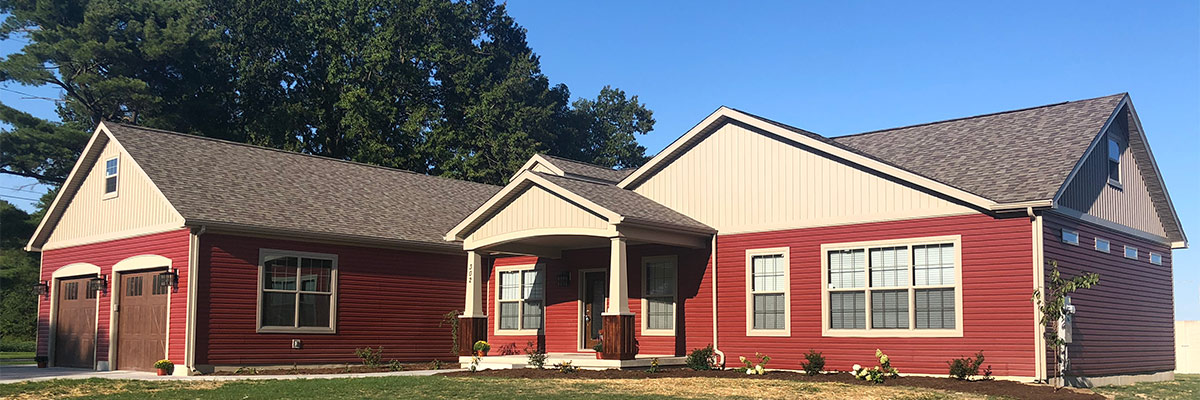The governor has issued two Executive Orders: EO 71 extending most previous COVID-19 EOs (including enhanced mitigations for the State’s 11 regions) through December 12th and EO 72 which is a revised eviction moratorium.
Under the terms of the new moratorium, only certain persons are eligible for protection from foreclosure (income less than $99,000 among other things) and all those eligible are required to complete a Declaration form under penalty of perjury. This form is supposed to be made available by IHDA for landlords to give to their tenants (all of them, not just those eligible for protection) prior to commencing an eviction proceeding. The Tenant Declaration form is available here. A list of Frequently Asked Questions is available here. Note that the eviction protection eligibility criteria largely mirrors that in the CDC’s eviction order.
Excerpts of the relevant updates in the EO:
COVID-19 Executive Order Number 68 (2020-72) – Revised Eviction Moratorium, November 13, 2020
- Effective November 13th, any person or entity may not commence a residential eviction of a “Covered Person” unless that person poses a direct threat to the health and safety of other tenants or an immediate and severe risk to property.
- “Covered Person” means any tenant, lessee, sub-lessee, or resident of a residential property who provides to their landlord, the owner of the residential property, or other person or entity with a legal right to pursue an eviction or possessory action, a Declaration under penalty of perjury indicating that:
- the individual either
- (i) expects to earn no more than $99,000 in annual income for Calendar Year 2020 (or no more than $198,000 if filing a joint tax return),
- (ii) was not required to report any income in 2019 to the U.S. Internal Revenue Service, or
- (iii) received an Economic Impact Payment pursuant to Section 2001 of the CARES Act [stimulus check];
- the individual is unable to make a full rent or housing payment due to a COVID-19 related hardship including, but not limited to, substantial loss of income, loss of compensable hours of work or wages, or an increase in out-of-pocket expenses directly related to the COVID-19 pandemic;
- the individual is using best efforts to make timely partial payments that are as close to the full payment as the individual’s circumstances may permit, taking into account other Non-Discretionary Expenses; and
- eviction would likely render the individual homeless—or force the individual to move into and live in close quarters in a new congregate or shared living setting—because the individual has no other available housing options.
- the individual either
- “Declaration” means a declaration form made available by IHDA (or a similar declaration under penalty of perjury). Landlords (or those with a legal right to pursue an eviction) must provide each tenant, lessee, or sub-lessee, and resident with a Declaration prior to the commencement of an eviction, including but not limited to prior to a notice of termination of tenancy.
- “Non-Discretionary Expenses” include, but are not limited to, food, utilities, phone and internet access, school supplies, cold-weather clothing, medical expenses, child care, and transportation costs, including car payments and insurance.
- Nothing in this Order shall be construed to relieve an individual of an obligation to make rent payments or otherwise comply with the terms of the lease.
- Note that the definition of “Covered Person” largely mirrors that in the CDC’s eviction moratorium order.
COVID-19 Executive Order Number 67 (2020-71) – Extension of Prior EOs, November 13, 2020
- Most previous COVID-19 EOs are re-issued and extended in their entirety through December 12th.




